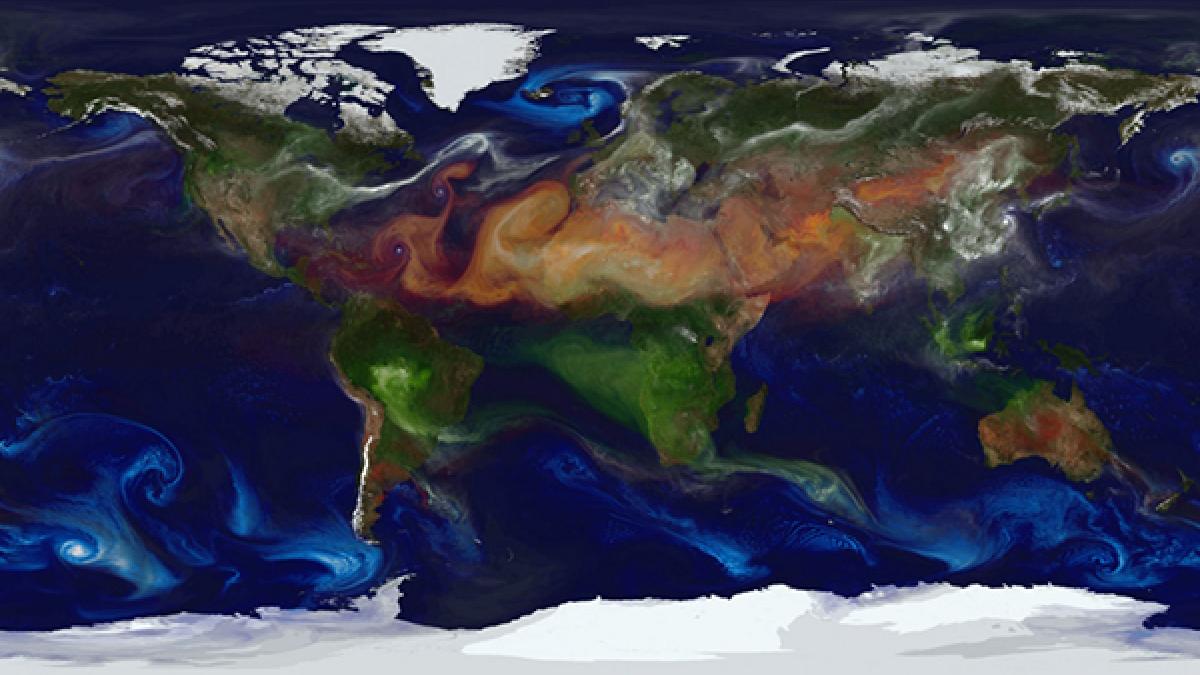Our researchers study the composition of the Earth from its interior to the upper atmosphere, as well as the dynamic processes that have governed our planet’s change through time, including the evolution of life forms and their interaction with the non-living environment. Our science is done at the confluence of several traditional disciplines – geology, physics, chemistry, biology and mathematics. From this interdisciplinary perspective, using observation, experimentation and computation, our studies are designed to increase the fundamental understanding of the natural environment and human interference with it. Our research is not only directed towards developing theoretical knowledge, but it also leads to insights that are relevant for addressing problems of practical nature, such as anthropogenic climate change, health effects of pollution, remediation of degraded natural environments, natural hazards preparedness and resilience of urban water systems.
In addition to the predominantly fundamental research introduced above, the Department houses The Water Center, University of Pennsylvania’s applied research entity focusing on the development of innovative integrated strategies to tackle the biggest urban water challenges. It engages faculty and students from the Department and across the University with regional decision makers and national and global thought leaders to seek holistic solutions in several focus areas that can be explored on The Water Center page.
The departmental research facilities are housed in Hayden Hall and the nearby David Rittenhouse Laboratory. They include diverse state-of-the-art technology that enables our faculty, postdoctoral trainees, students and visiting scientists to conduct a wide range of cutting-edge studies in Earth and environmental science. Additionally, our members have access to other well-equipped research facilities at Penn. More information is available on the Resarch Facilities page.




